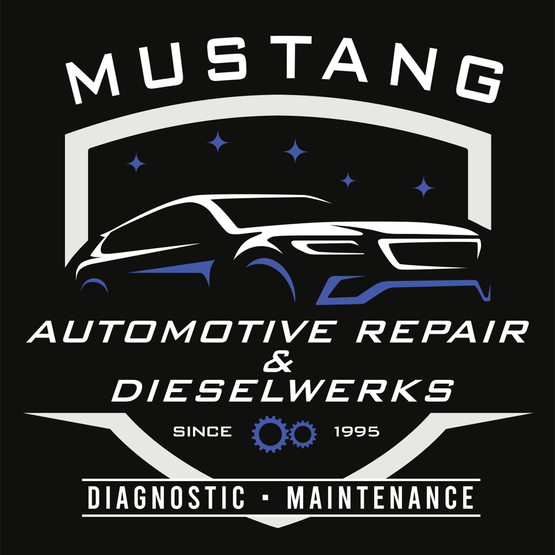Positive Crankcase Ventilation ? PCV Valve Service at Mustang Automotive
October 20, 2024
Hello Mustang! Did you know that the first federally-mandated emissions control device was introduced in the 1960's? The Positive Crankcase Ventilation valve, or PCV valve, has been installed in Oklahoma vehicles since 1964 and represents the first legislation by the United States government to regulate harmful emissions as well as to improve performance in the country's vehicles.
The PCV valve, as you can probably guess, is located on the crankcase. The crankcase is the lowest part of a vehicle's engine. It houses the crankshaft and the engine oil. The crankshaft connects to the pistons that power the engine.
Pistons are pushed down when fuel is burned in an engine. This causes the crankshaft to rotate, which sends power to the transmission. It ultimately turns the axles and causes the vehicle to move. Some of the gases released by the burning fuel squeeze around the pistons and down into the crankcase.
If the escaped gases mix with the engine oil in the crankcase, oil sludge develops. This sludge has the consistency of petroleum jelly and can cause damage by clogging up passageways in the engine. Further, escaped gases can build up pressure inside the crankcase that can blow out seals and gaskets.
Before 1964, a hose was attached to the crankcase that vented escaped gases out into the air. These gases contained about 70% unburned fuel as well as harmful emissions. The PCV valve was designed to curb these harmful emissions as well as recapture unburned fuel.
The PCV valve is a small, one-way valve that allows escaped gases to exit the crankcase. The gases are then routed into the intake system so they can be re-burned in the engine. Fresh air enters the crankcase through a breather tube to facilitate this circulation and keep the air in the crankcase clean.
The PCV valve, like most working parts on a vehicle, will wear out over time. Usually it simply gets gummed up. Preventive maintenance, including routine oil changes at Mustang Automotive in Mustang, will extend the life of the valve, but eventually it will have to be replaced. A sticking PCV valve won't allow gases to circulate properly, which can increase pressure in the crankcase. Over time, that pressure will lead to oil leaks.
Your vehicle manufacturer recommends that a PCV valve be replaced every 20,000 to 50,000 miles (32,000 to 80,000 kilometers), depending on the vehicle and Mustang driving conditions. It's an inexpensive repair but may not be included in the maintenance schedule in your owner's manual. So if you're looking for auto advice about the PCV valve, you may have to ask our pros at Mustang Automotive.
Taking care of our PCV valve protects the environment in Oklahoma and improves vehicle performance. It's just part of good vehicle care for Mustang drivers and a way all of us can do our part to improve the world we live in.
Mustang Automotive
1600 E State Hwy 152
Mustang, Oklahoma 73064
405-745-4826
http://www.mustangautomotiveinc.com
Need Service?
More articles from Mustang Automotive

Timing is Everything (Timing Cover Replacement)
March 30, 2025
Theres an important part in your vehicle that shields your timing belt, timing chain or cam belt from the debris and gunk that can be kicked up from the road. Its called the timing cover. Its important because the timing belt or chain is what coordinates parts of your engine called the camshaft... More

The Turn Signal Mystery (Turn Signal Problems)
March 23, 2025
Some problems are easy to diagnose on a vehicle; others aren't. Figuring out what's wrong with a malfunctioning turn signal sometimes fits into both categories. By the way, if your tempted to just leave your broken blinker broken, remember you can get a ticket for not using them, not to mention... More

Bad Vibrations (Brake Rotor Replacement)
March 16, 2025
If youve ever stepped on your brake pedal and felt your vehicle vibrate, thats a signal that you shouldnt ignore. A pulsating brake pedal is a sign that something is wrong. Braking action should be smooth, sure, and quiet, not shaky and noisy. Most newer vehicles have disc brakes, called that b... More











